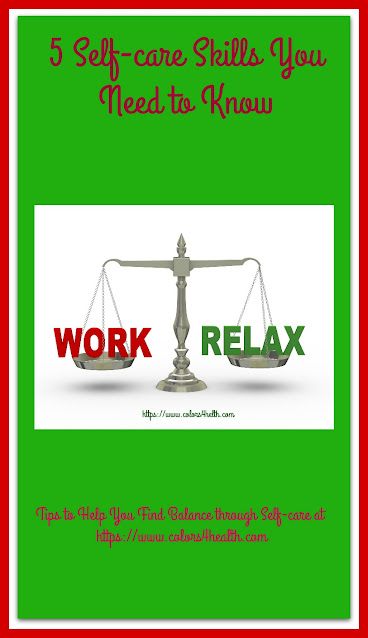Mindfulness is the practice of purposely focusing our attention on the present moment, and accepting what we discover without judgment.
Research shows mindfulness is an excellent way to reduce stress and increase happiness. Mindfulness meditation changes our brain and biology in positive ways, improving mental and physical health.
Jon Kabat-Zinn, scientist, author, meditation teacher and father of the mindfulness movement, is known for bringing mindfulness into the mainstream
of medicine and society.
Kabat-Zinn defines mindfulness as “the
awareness that arises from paying attention, on purpose, in the present moment
and non-judgmentally.”
Mindfulness helps us observe our body, mind, and spirit and our surroundings just as they are, moment to moment.
Scientific studies indicate this life skill technique can induce a relaxation response and ease pain, both physical and emotional. Continue Reading to see
Noteworthy Benefits of
Being Mindful Each Day
When we are mindful it
1. Allows us to get off to a fresh start each day, viewing experiences with open-mindedness. Mindfulness training helps us observe ourselves, others, and happenings in a more objective way.
2. Helps us check in with ourselves and act with intention. When we do, we have the option of detaching from dramas and knee-jerk reactions, and pause to respond in a calmer, clear-headed way.
3. Alerts us to times we feel depleted or vulnerable and need to be kind to ourselves. Restorative self-care practices including taking a nap, doing physical exercise, writing in a journal, reciting affirmations, or eating a nourishing meal mindfully, helps us feel refreshed and better able to take on the rest of our day.
See more about Self-care Activities to Encourage Optimal Health here.
5. Supports long-term mindfulness meditators, as we experience and overcome setbacks. Mindfulness helps us cope with challenges and focus on those thoughts, feelings, and behaviors that will help us move forward. This is an effective element of flexibility and personal growth.
Learn more about Staying Resilient during COVID and Beyond by looking at this free resiliency booklet from the National Alliance on Mental Health (NAMI). Click here.
6. Shows us how much time and energy we spend on distractions and observe how often we let our mind wander from our goals, priorities, and plans.
Mindfulness also helps us have insights about our choices and observe how much time we reserve for people, places, and things that bring us pleasure, joy, and inspiration.
7. Empowers us to observe outmoded habits and work on replacing them with healthier ones.
8. Can be practiced for free and as simply as taking 5 minutes to sit quietly and follow our breath. This economical self-care practice needs no special equipment or facility. Mindfulness activities are available in books, online, YOUTUBE or as apps for little or no charge.
9. Helps us find compassion for ourselves and others. Studies show when we treat ourselves and others with lovingkindness, it increases our overall sense of wellbeing.
Perhaps by now you realize making a conscious effort to be more mindful has many benefits. They include the ability to sense the richness in life as it occurs, engage in activities wholeheartedly, have a greater capacity to recover from adversity, reduces stress, and enables us to fully awaken to ourselves.
Want to reap the benefits of adopting a mindfulness practice? It's as simple as setting the intention to take small steps each day to make mindful living a priority for 2021 and then following through. 💖
Before you go, please comment below. I'd love to know how many of these mindfulness benefits inspire you.
Do you already practice yoga, meditation, and/or use color visualizations to help you feel vitally alive? Please share about that too.
No links in your comments please, as they won't be published that way.
If you like what you see, please share and like on social media. For additional color energy resources and wellness information, please visit my Website.














